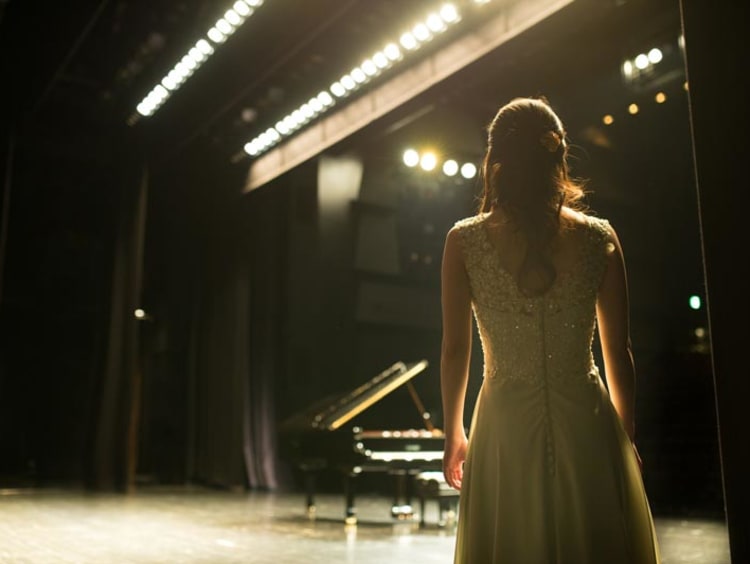How Piano Students Learn to Overcome Performance Anxiety

Playing the piano is an emotional undertaking. To become truly great, it takes years of rigorous instruction and intensive practice. Becoming a pianist who performs in front of large audiences requires more than just technical skills. A pianist is a performer on stage who must give the audience a show they will never forget.
For some pianists, the fundamentals and techniques come easily. They can read scores, transpose music and play even the most complicated pieces. But sometimes for those pianists who spend more time practicing rather than performing, getting on stage can cause anxiety. They may be technically ready, but emotionally they have a ways to go before they feel comfortable on stage.
Luckily there are ways to overcome performance anxiety and give the best piano performance of your life.
Strategies for Pianists Dealing with Performance Anxiety
1. Don't Over Practice
This may seem counterintuitive, but over-practicing may get you to a spot where you become overconfident in your abilities. You may take things for granted and not focus on what needs to be done during the actual performance. If you go into a performance knowing that your mind needs to be in the game in order to do your best, you will not have as much room for anxious thinking. Being present enough to focus on your skill and technique can stop you from overthinking beyond your capabilities.
2. Walk Through the Experience
Before a big performance talk through the experience with someone who has been there. Imagine what you might hear before you get on stage. Think about what things you will see as you walk on stage toward your piano. If possible, go to the performance venue and do a physical walkthrough of your performance. Thinking about the sights, sounds and smells before you go on stage can give your mind something sensory to focus on rather than worrying or catastrophizing about certain aspects of your performance.
3. Practice Centering Yourself
Just before each performance, it is important to take the time to get your mind in the right place. Find a focal point for your eyes. This can be somewhere on your sheet music or somewhere past the piano. Tell yourself the first thing you will do when you begin to play. Take a deep breath to calm yourself physically and get rid of muscle tension. Shift in your seat until you have found your best posture. Finally, when it is time to begin, do not hesitate, just trust yourself and go for it.
If you are eager to become a performing pianist, join the Bachelor of Arts in Music with an Emphasis in Piano Performance degree program at Grand Canyon University. You will learn technical and performance skills that will make your career flourish.
The views and opinions expressed in this article are those of the author’s and do not necessarily reflect the official policy or position of Grand Canyon University. Any sources cited were accurate as of the publish date.


